Most people can agree that, even if they’re a bit mischievous in the garden, squirrels are downright adorable. Unfortunately, though, their antics truly can wreak havoc on our gardens, as they’ll dig holes everywhere, plant acorns, and eventually lead to bulky oak trees growing all over the place. They also steal bird feed and get into other forms of trouble, so, unfortunately, we often wish that they’d go elsewhere. Well, by planting the following squirrel-deterring plants in your garden, you should be able to do exactly that.
Daffodils
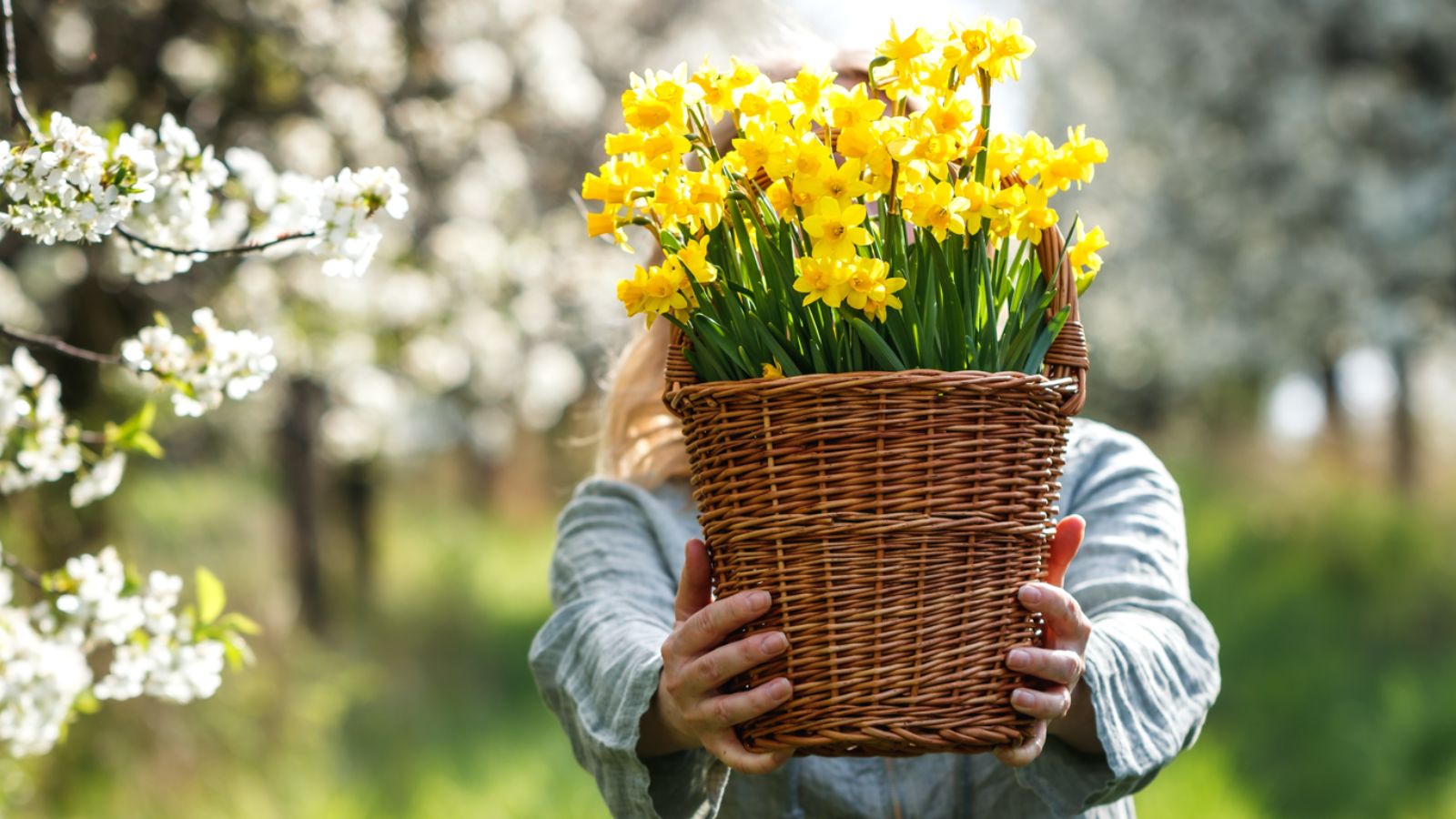
If you plant daffodils throughout your garden, squirrels may think twice about entering. This is because daffodils contain lycorine, a toxic compound that squirrels know to stay away from. In addition to the general beauty of daffodils, this squirrel-deterring property makes them a highly practical choice for any garden space, so keep them in mind next spring!
Mint
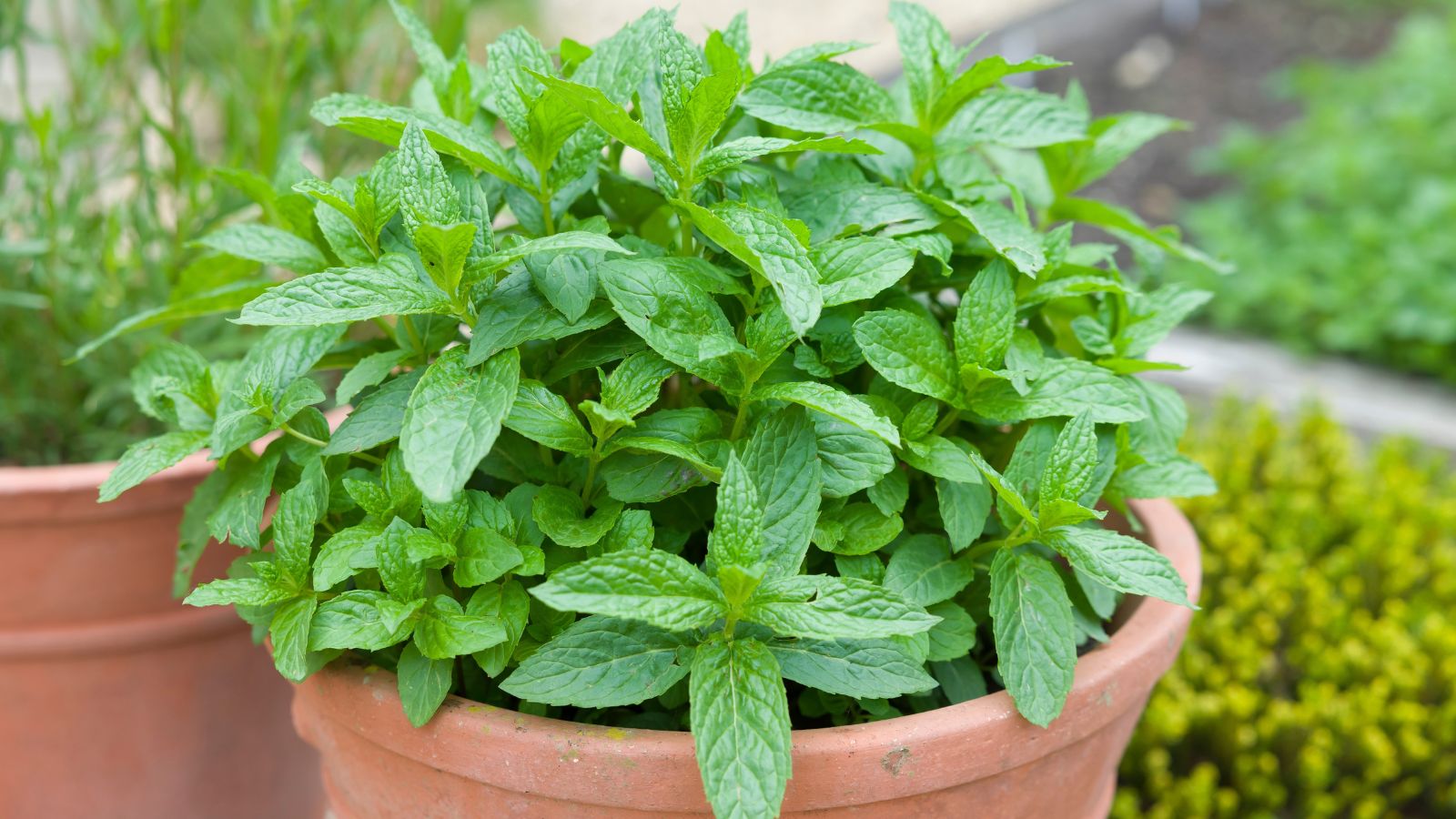
You probably love the fresh scent of mint, but squirrels certainly don’t share your enthusiasm. This aromatic herb’s potent fragrance is often unappealing to squirrels, though its effectiveness depends on how densely it’s planted. Thankfully, mint grows quickly and can create a scented barrier that signals squirrels to keep their distance, so we’d recommend planting it plentifully if you have a serious problem with these mischievous creatures.
Alliums
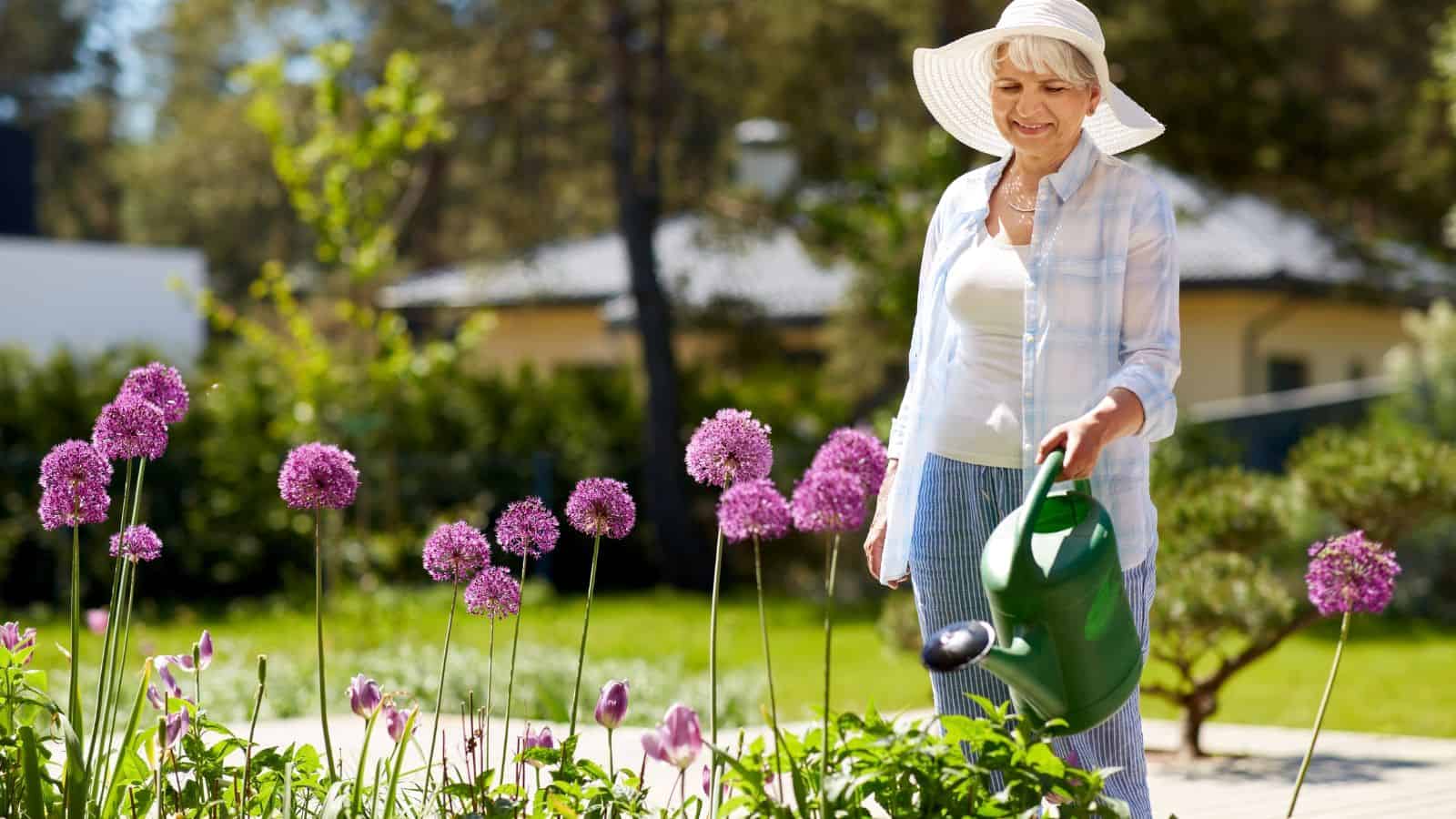
Related to onions and garlic, alliums are both beautiful and beneficial for warding off squirrels. Their strong odor is off-putting to many garden pests, including squirrels, and their globe-shaped flowers add a striking visual element to the garden. Get these in your garden, and you can say goodbye to that never-ending supply of oak saplings.
Lavender
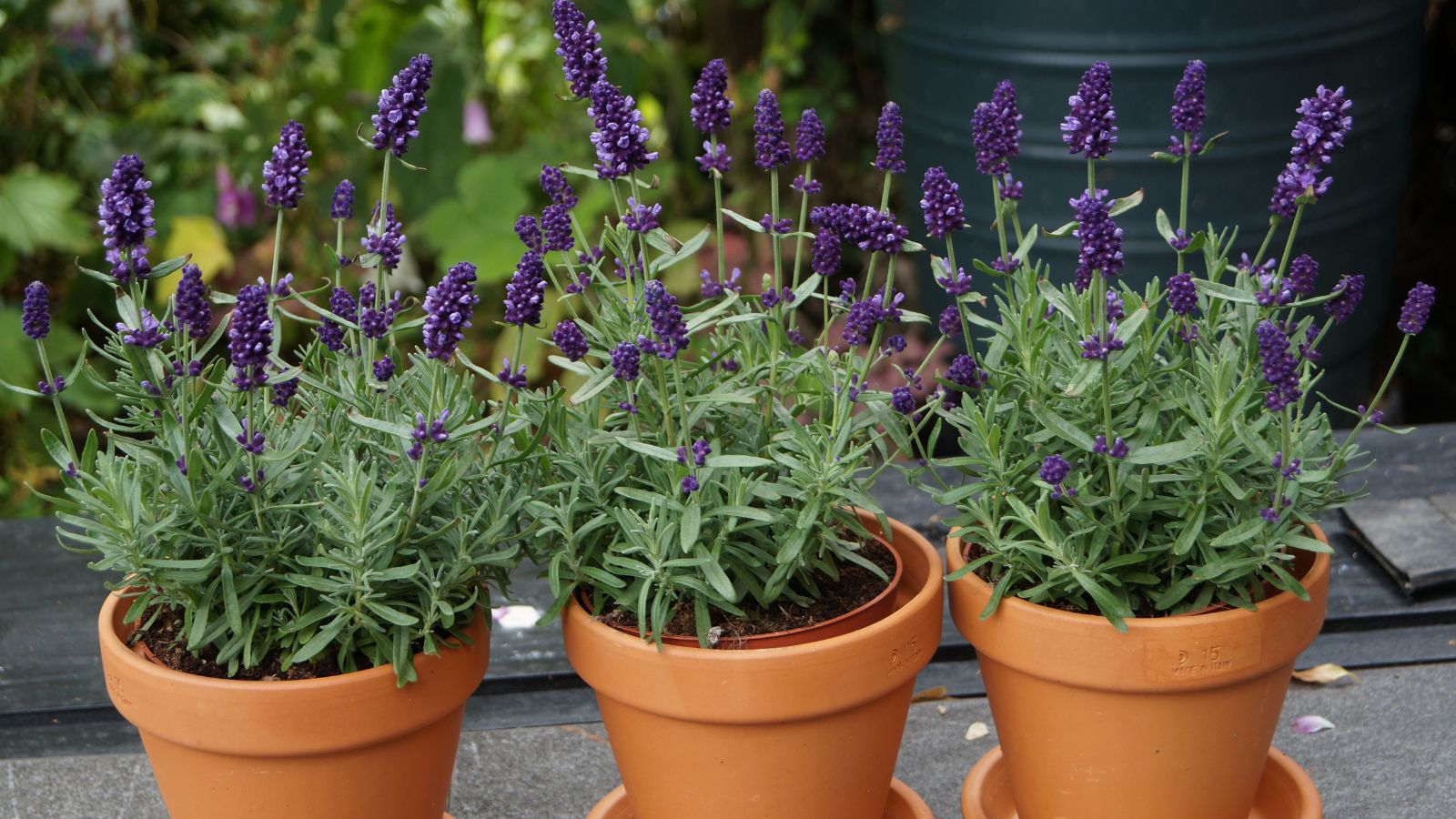
Even though humans love the smell, many animals, including squirrels, hate lavender’s soothing aroma. However, it’s worth noting that while it can deter many squirrels, lavender’s scent isn’t as powerful as other herbs like mint or rosemary, and therefore, results may vary. Still, lavender makes an attractive addition either way, and every little helps.
Rosemary
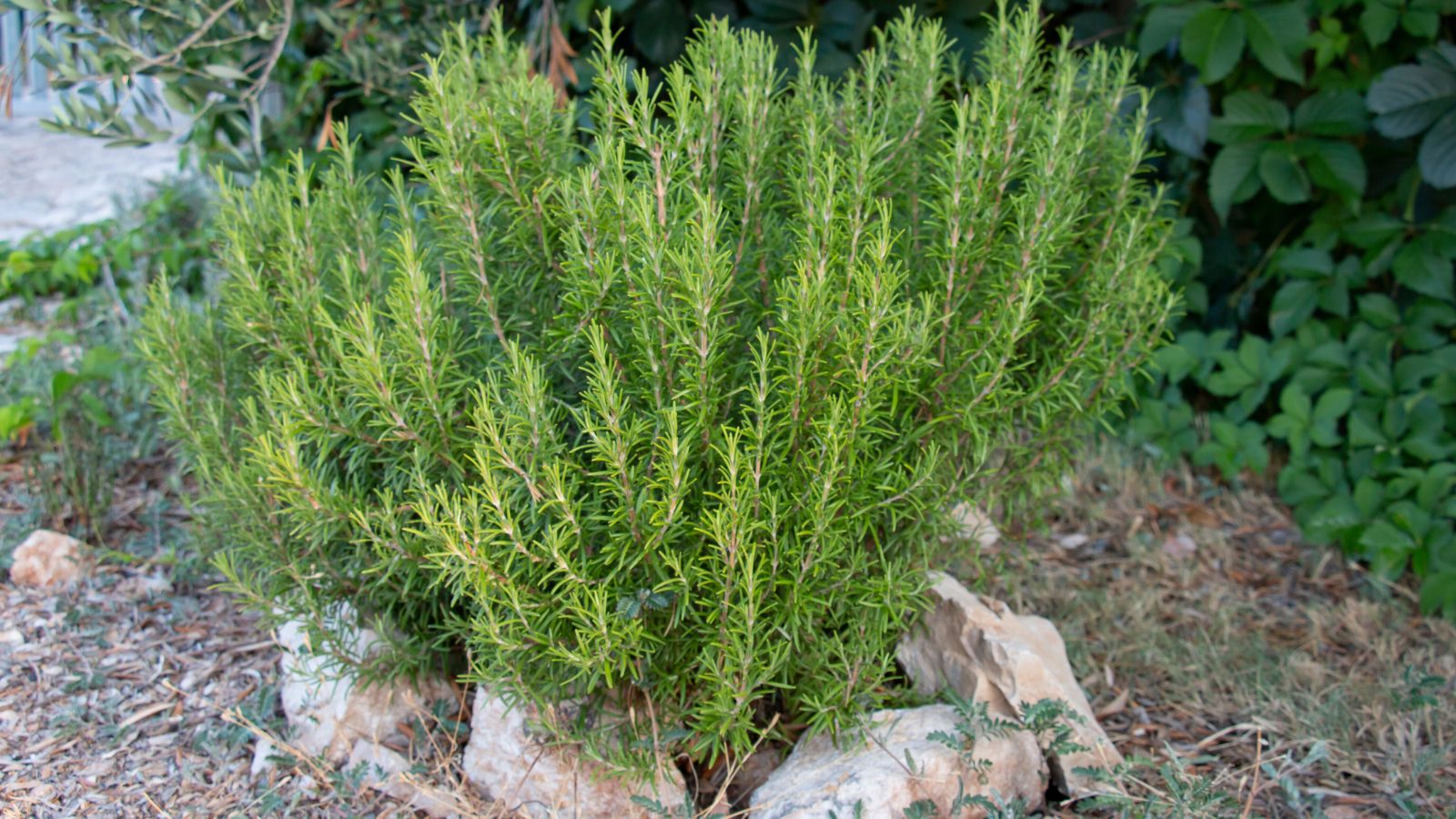
As a hardy, aromatic herb, rosemary offers a double benefit—it’s useful in the kitchen and disliked by squirrels. Its woodsy scent and prickly leaves can deter these curious critters, especially when grown densely near vegetables or flower beds. So, you should certainly add this to your garden repertoire for extra protection.
Hyacinths
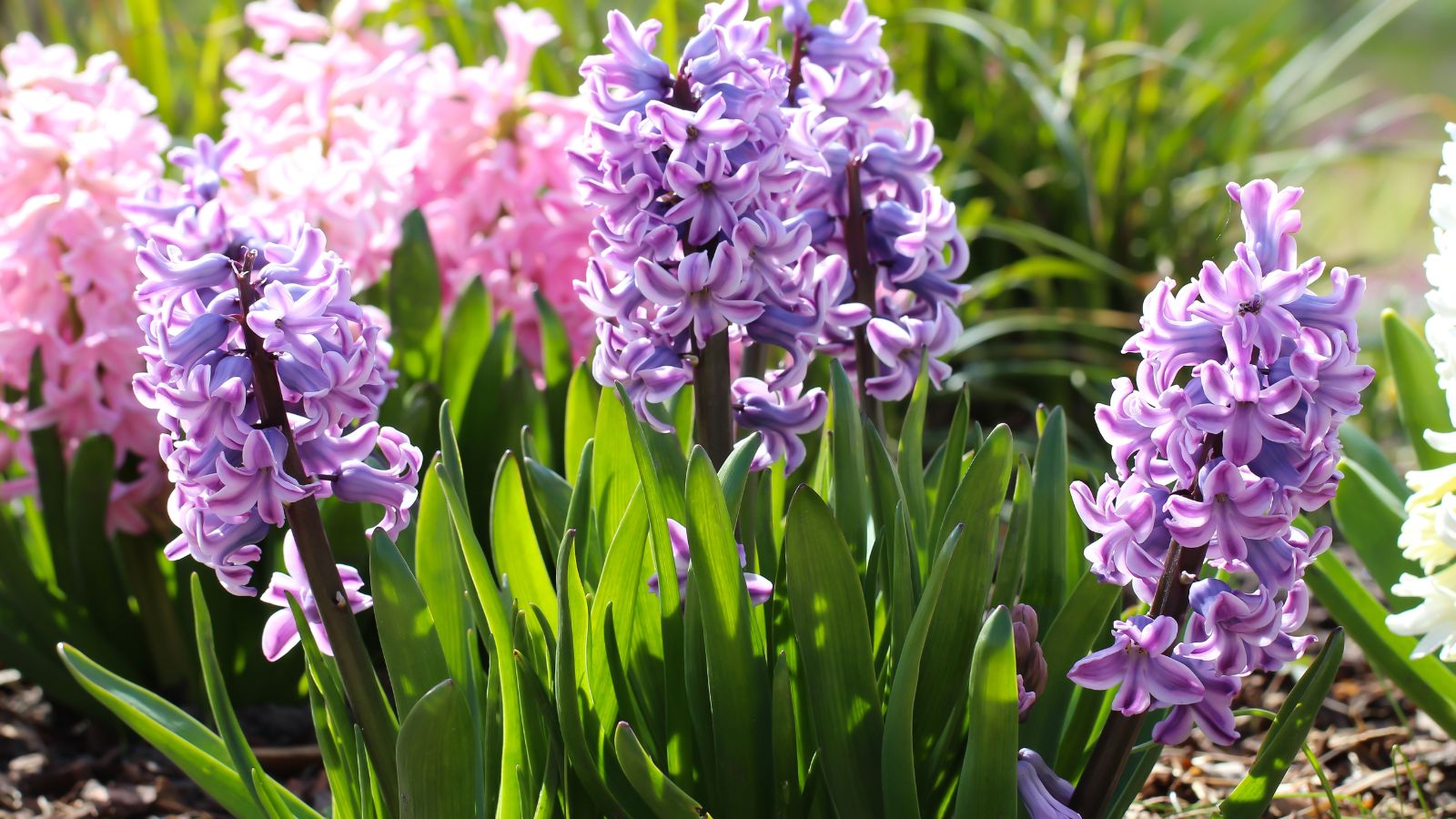
Known for their rich fragrance, hyacinths have a natural way of discouraging unwanted guests. As with other plants on this list, results vary, but squirrels usually avoid hyacinths due to their strong aroma. Hyacinths also come in various colors, so feel free to grab a varied bunch and dot them around your garden.
Geraniums
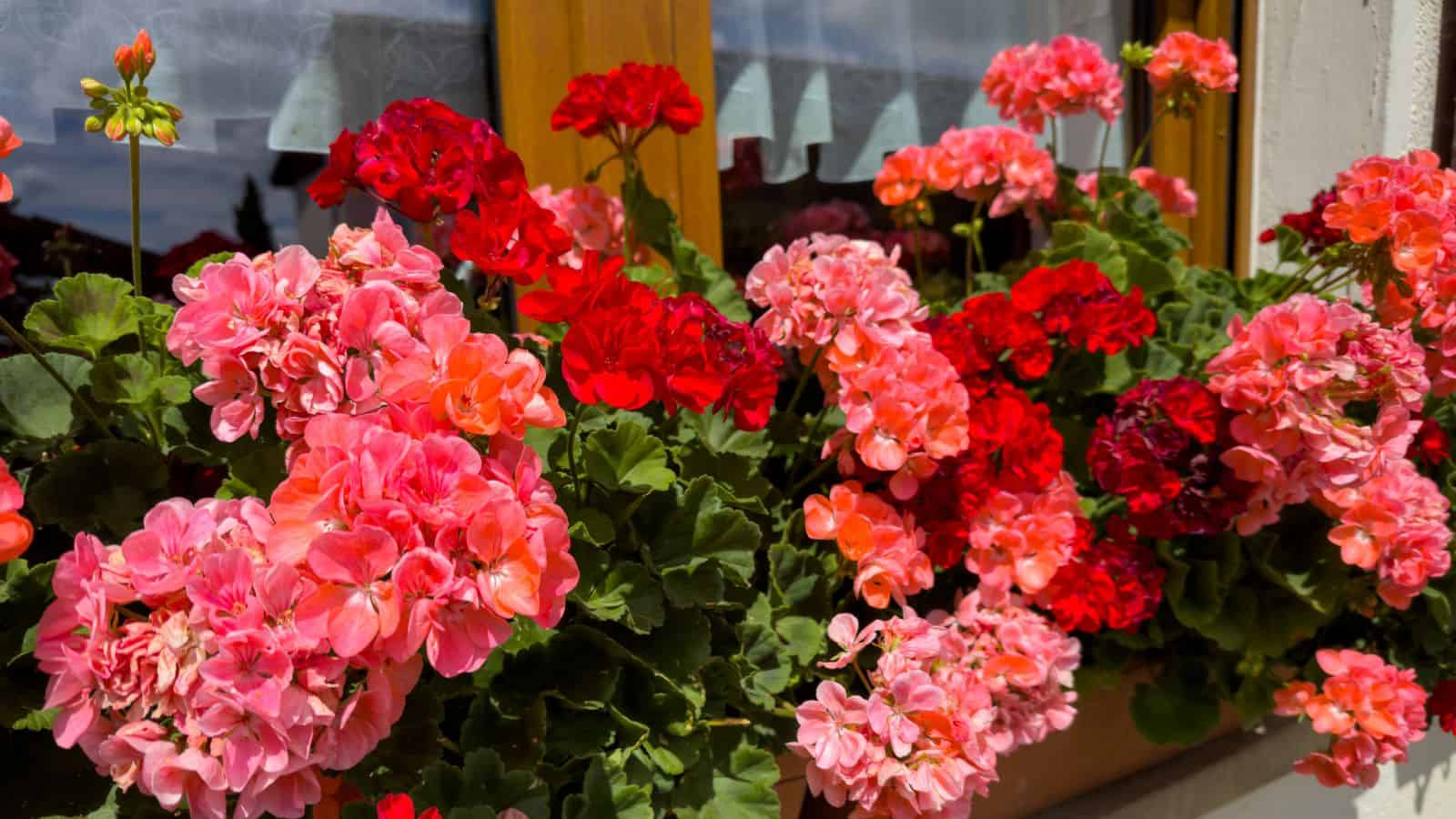
These vibrant blooms are sometimes avoided by squirrels, but instead of their fragrance, it’s due to their texture. Sure, geraniums aren’t a guaranteed deterrent, but they should offer at least some protection from those visitors, especially if planted as a dense border.
Garlic
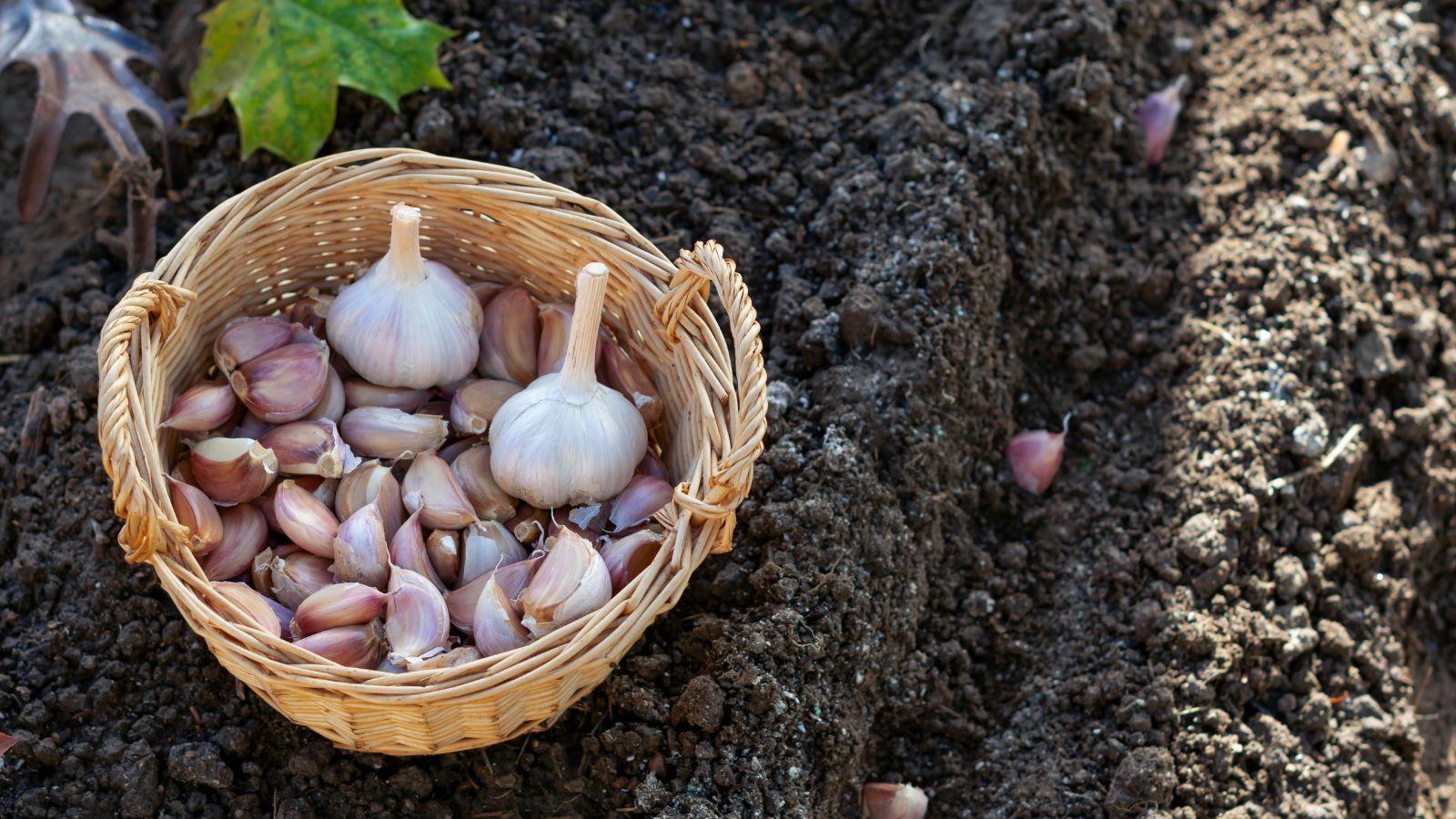
It’s no secret that garlic has a powerful smell, and squirrels aren’t fond of it–they don’t know what they’re missing! Regardless, planting garlic around the garden will add a solid odor barrier that can deter squirrels and other pests. Plus, as a bonus, you’ll have fresh garlic to use in the kitchen after harvest.
Peppermint
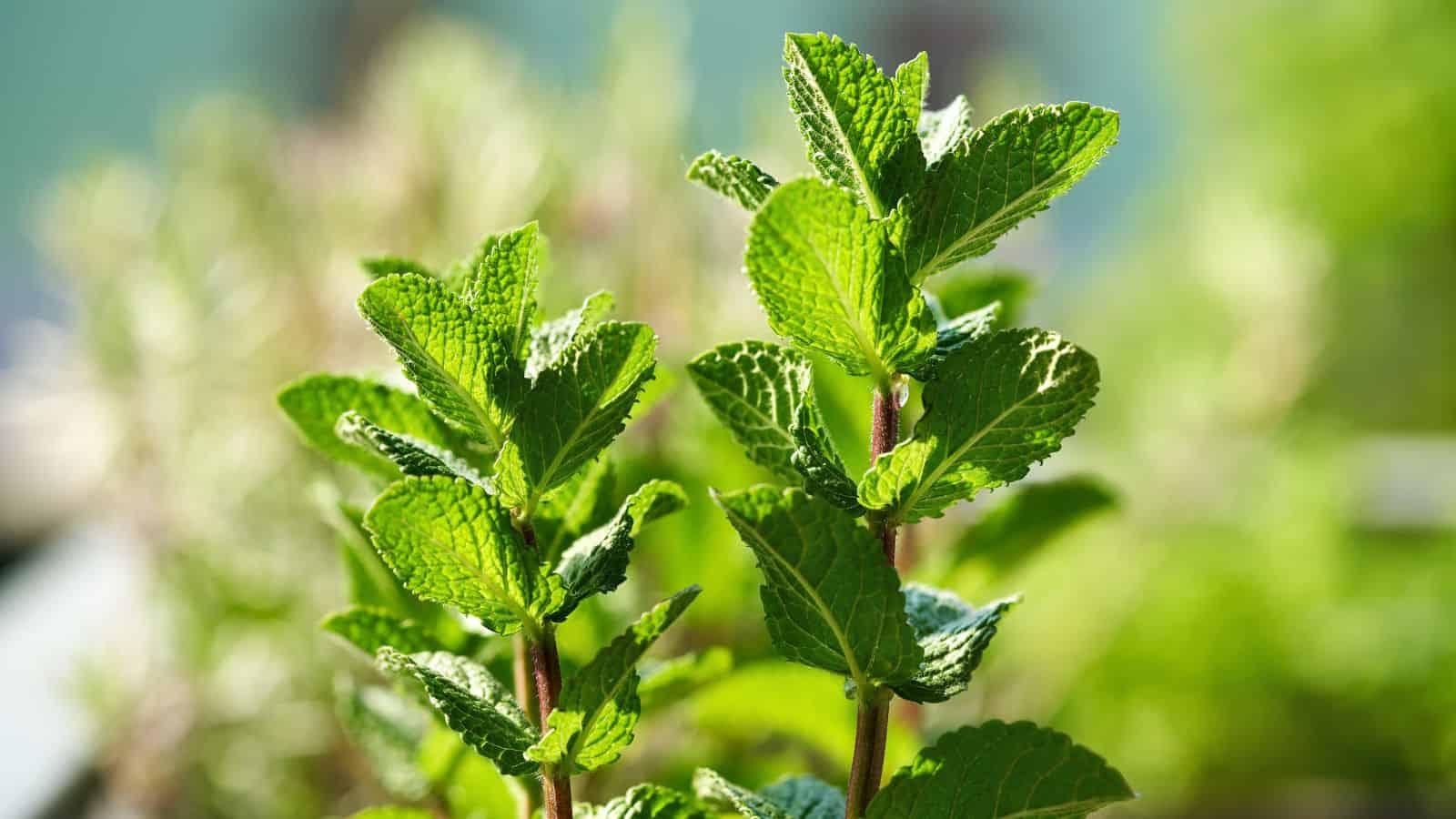
As you might expect, the sharp, refreshing scent of peppermint is another aroma that squirrels find unbearable. Dense planting is key here, as a single plant won’t do the job. However, a well-planted peppermint patch creates a natural line of defense that squirrels are likely to avoid, so get it prepared for next year. If, for whatever reason, you can’t grow peppermint, natural peppermint oils should do the job, too.
Onions
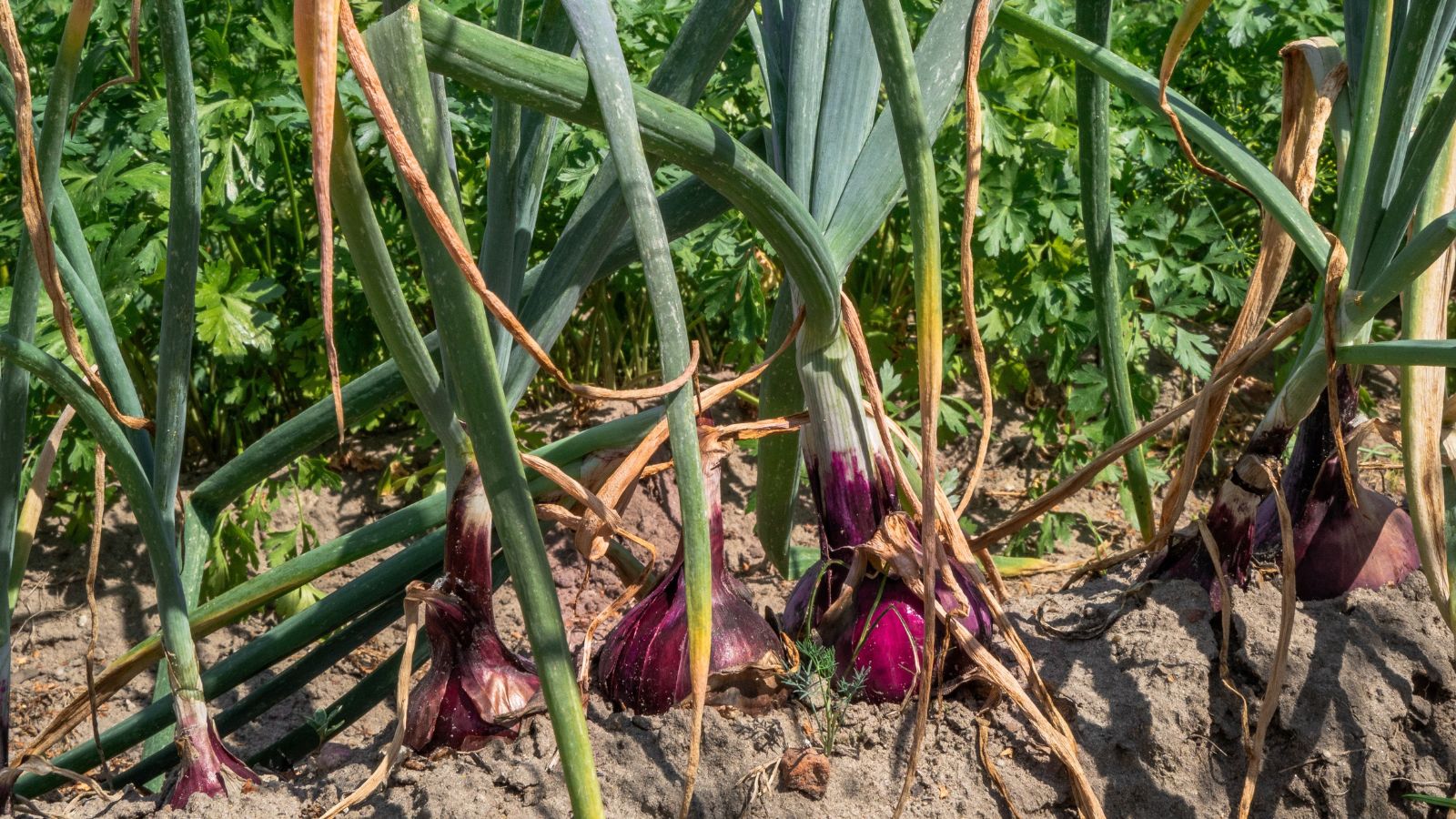
Just like with garlic, onions add plentiful flavor to meals and serve as a natural deterrent for garden pests, especially squirrels. They hate the smell of onions, so incorporating them into your garden is a great way to discourage digging, tree-growing, and nibbling. Just plant them alongside other vegetables, and you’ll have yourself a dual-purpose crop that protects you while it grows.
Thyme
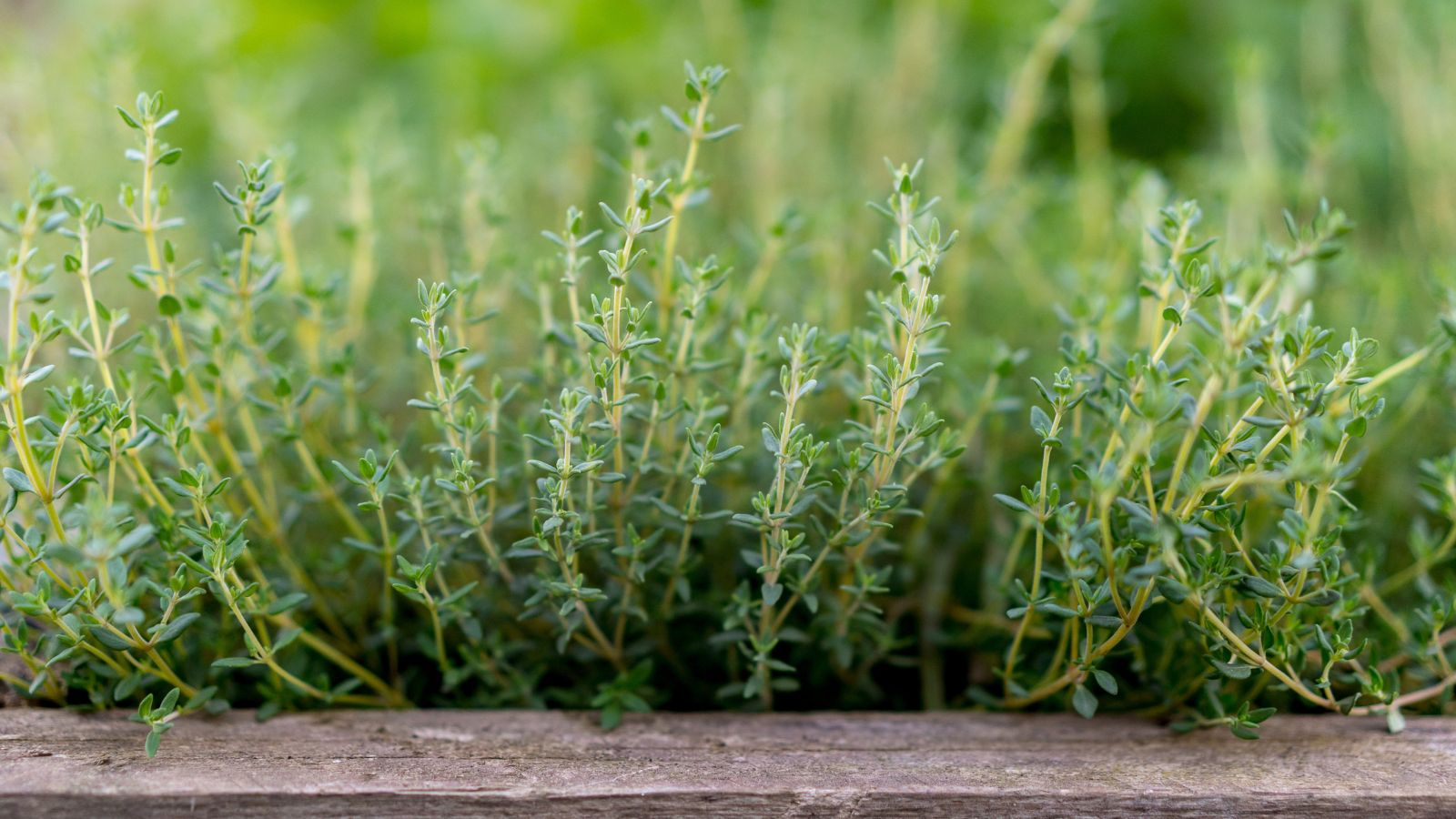
You’re probably noticing a theme here–another herb with a strong aroma, thyme, which may help keep squirrels at bay. Admittedly, it’s not the most effective option, but its pleasant scent should still be unappealing to at least some of your local squirrels. Yet again, it’s a great kitchen addition, so they’re certainly worth giving a try.
Crocus
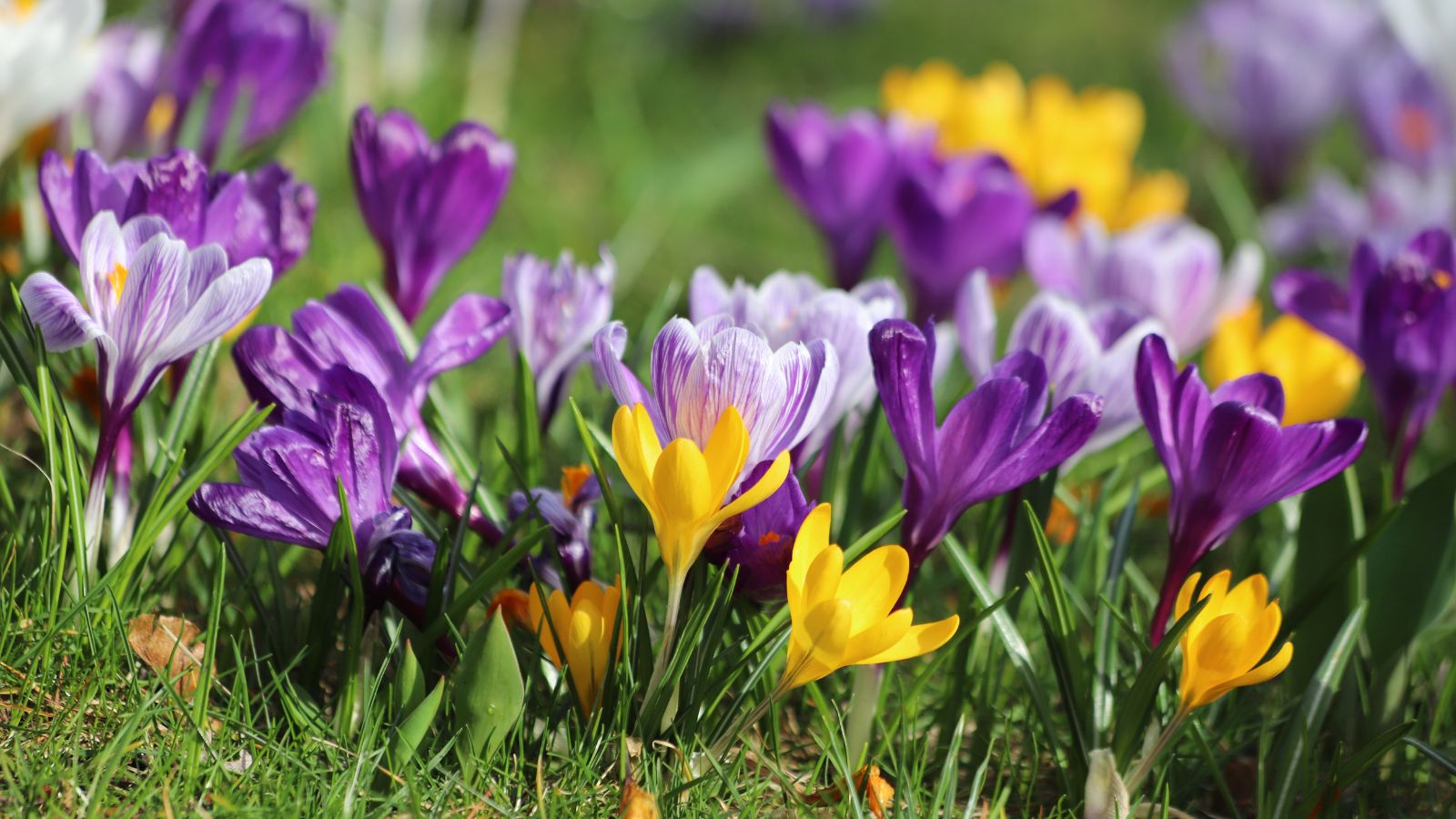
You have to be careful when growing crocus, as some varieties actually attract squirrels! Meanwhile, the autumn-blooming saffron crocus is far less enticing, with its distinct aroma and late-season bloom deterring squirrel activity. Results can vary, but this subspecies of crocus certainly won’t attract them, and you’ll no doubt love its unique look and speedy bloom time.
Foxglove
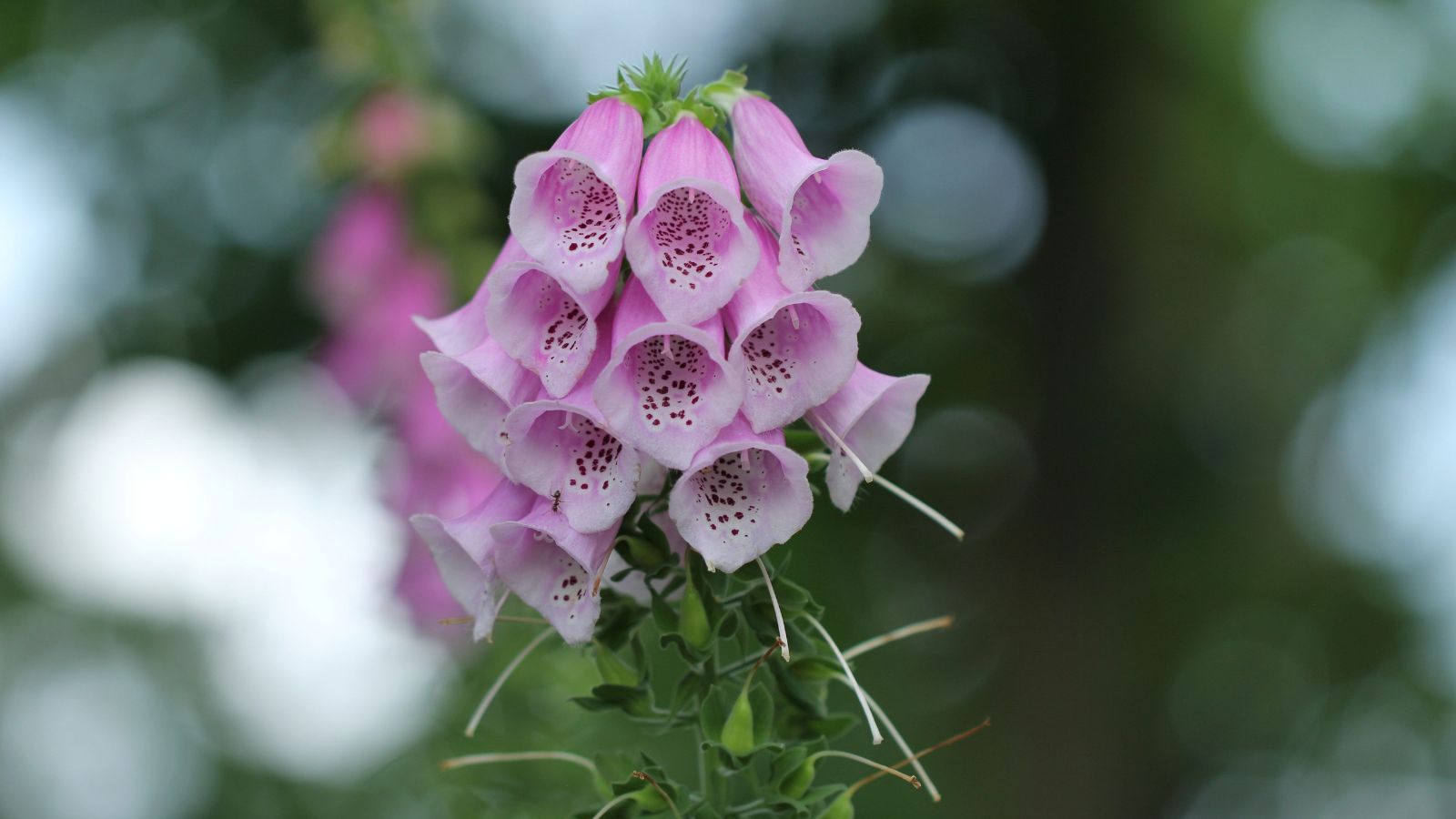
Foxglove’s beauty hides a toxic secret—this plant is poisonous to many animals, including squirrels. Its tall, bell-shaped flowers can add height and color to your garden while also discouraging squirrels from venturing too close. However, handle this plant with care if you have pets or small children around, as you could cause more harm than good.
Chives
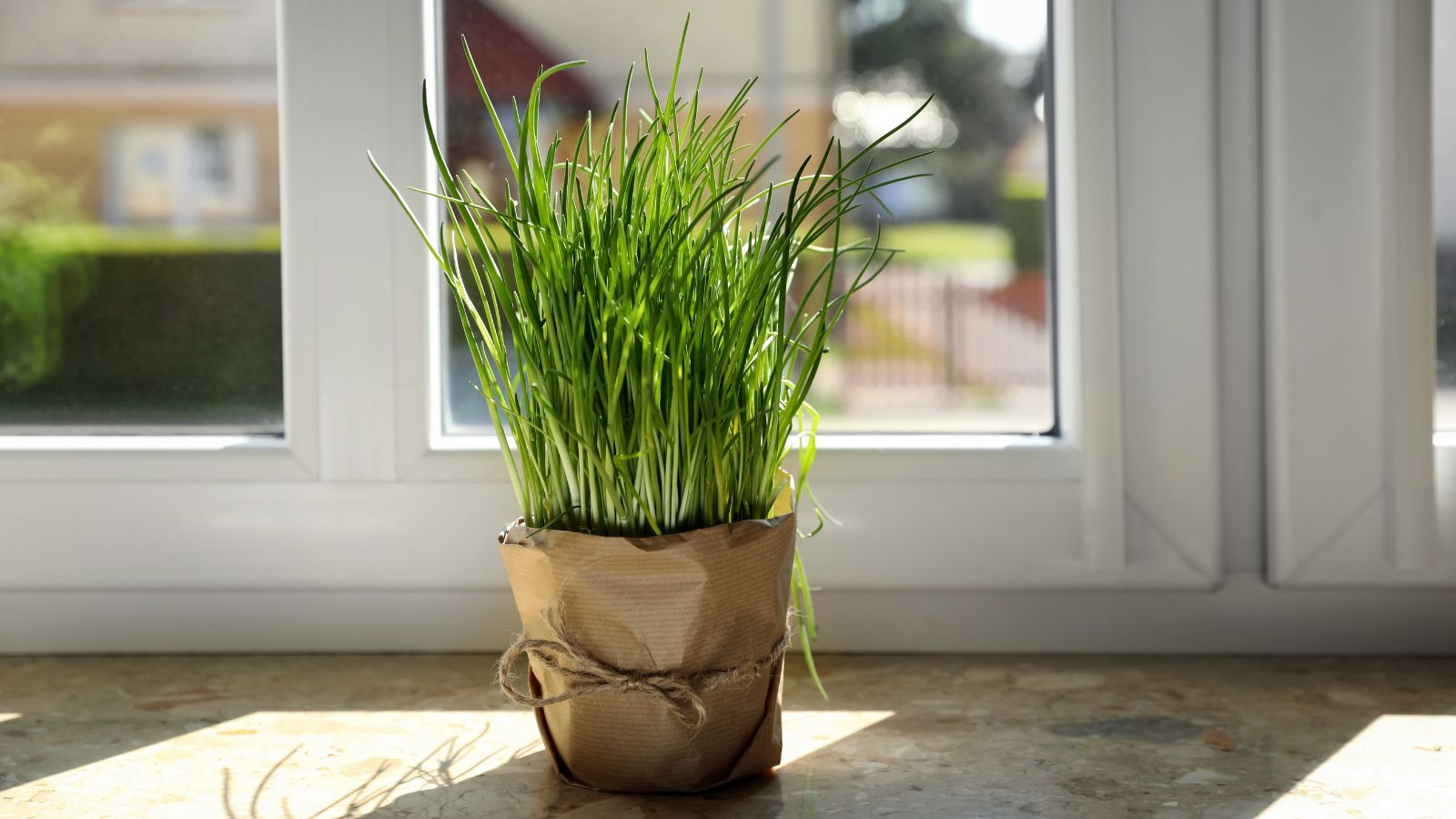
Like their allium relatives, chives produce a smell that can discourage squirrels from digging. They’re easy to grow and can be planted around vegetables or flowers for added protection, so you’ve got nothing to lose. As a bonus, chives are also edible, giving you a homegrown herb to add to salads and other dishes.
Crown Imperial
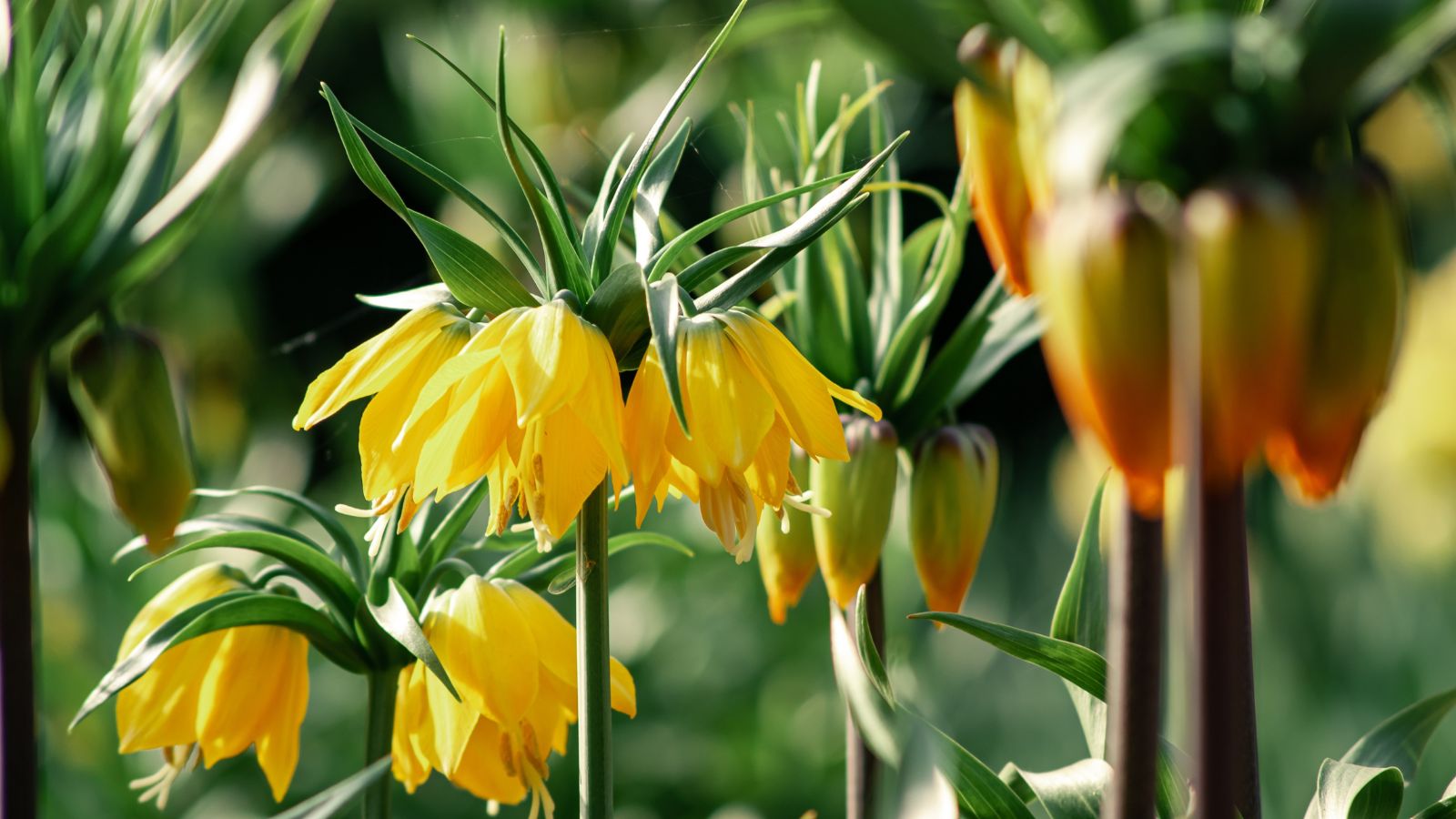
World-renowned for its striking, bell-shaped blooms, Crown Imperial has a strong odor that squirrels simply can’t stand. Planted among your garden’s prized plants, Crown Imperial is sure to act as both a decorative and protective addition, so add it to your shopping list.
Sage

This herb isn’t just for seasoning dishes; it can also help discourage squirrels. No, it’s not going to be the most potent repellent, but it’s definitely a good addition to your botanical arsenal. Plant it around the edges of your garden, and it will add subtle protection without overwhelming the space.
Snowdrops
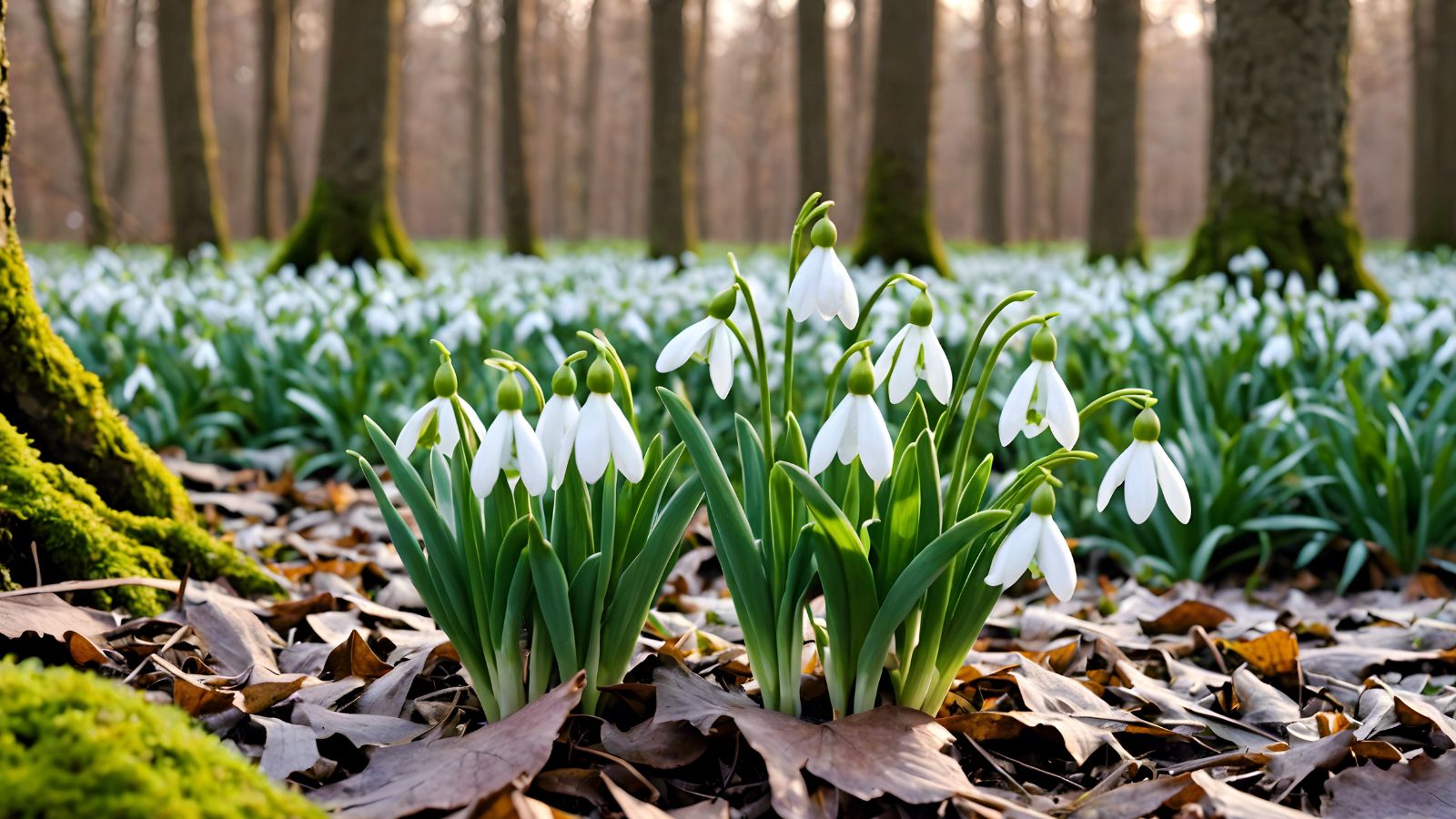
Don’t be fooled by how delicate-looking the snowdrop is–it may just be the secret ingredient you need to keep squirrels out of certain areas. These early bloomers contain compounds that squirrels tend to avoid, but it does depend on the squirrel. Regardless, snowdrops add plentiful charm to any garden, so there’s no reason not to give them a try.
Marigolds
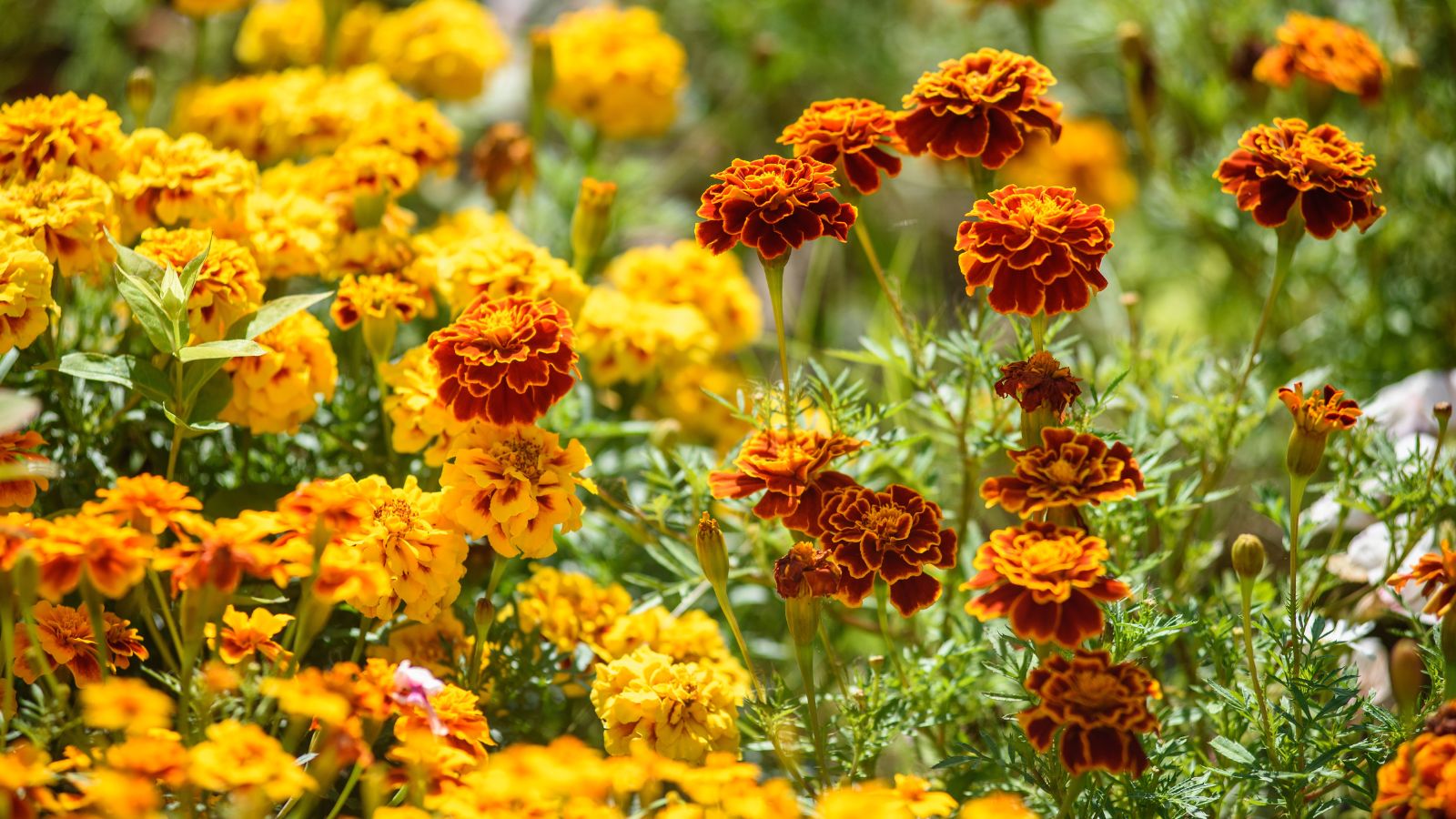
Just as with snowdrops and other plants on this list, marigolds aren’t a guaranteed squirrel deterrent, although they can certainly help. What’s more, they have a strong track record for deterring other pests, especially insects, so they’ll surely bring some practical use to your garden. Regardless, some gardeners have reported partial success in keeping squirrels at bay with marigold borders, so we’d recommend you at least give them a try–especially considering how pretty they are!
Fritillaries
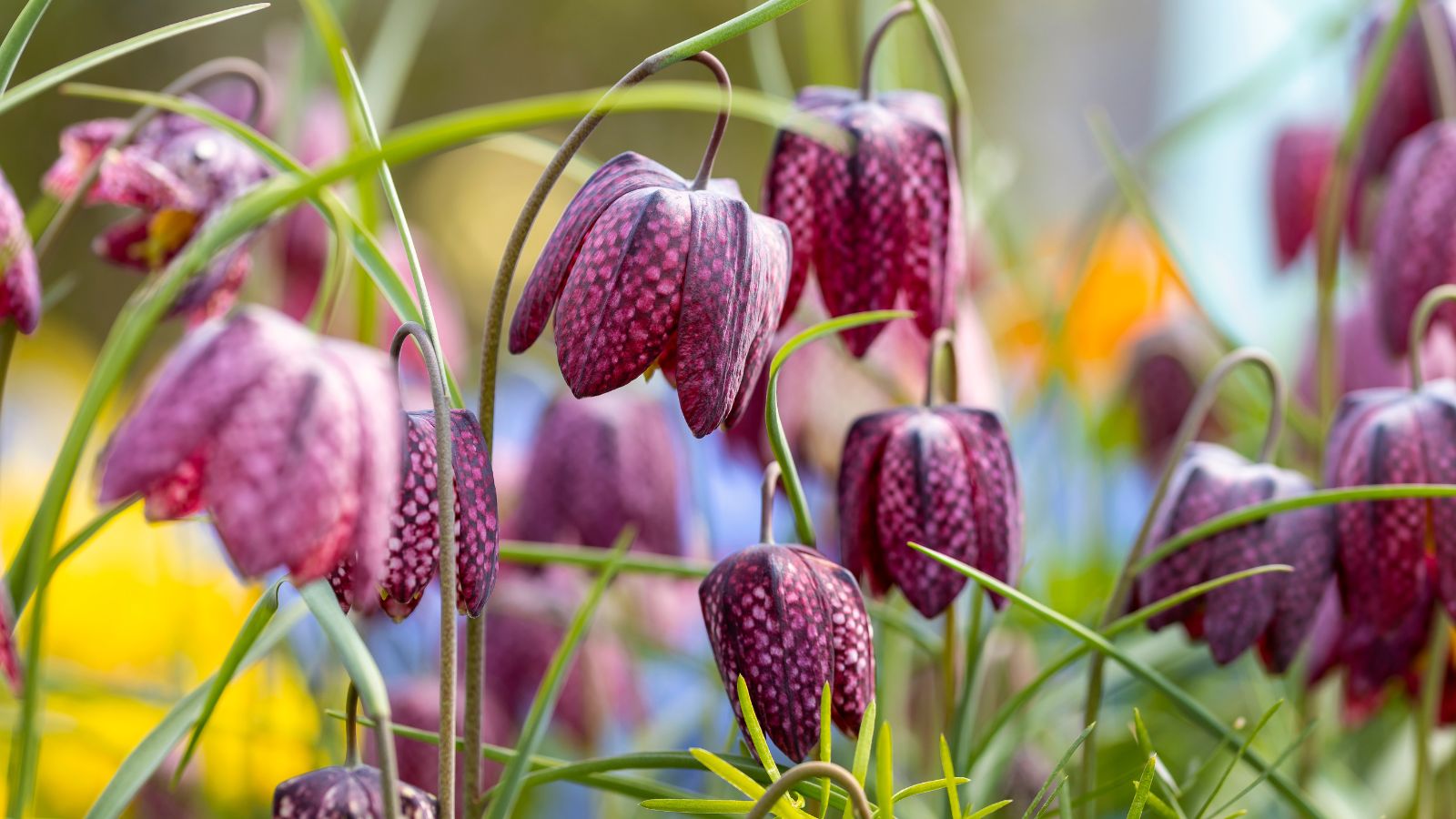
The final plant that you should consider growing to keep squirrels out of your garden is frillaries. With their unique checkered blooms, fritillaries stand out in any garden and serve as a natural squirrel deterrent, especially considering that both their scent and texture are unappealing to them. Thanks to this combination, fritillaries make for one of the stronger choices for garden protection, so scatter them throughout flower beds for an eye-catching yet protective arrangement.
